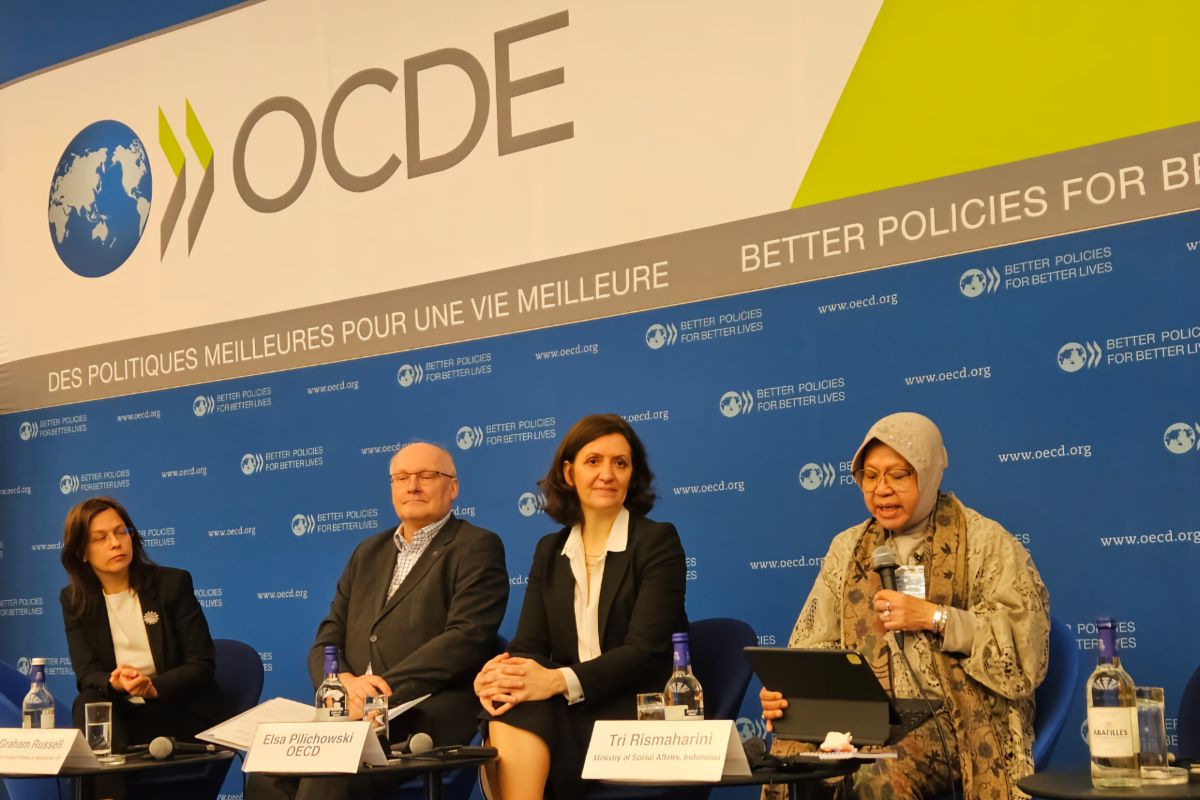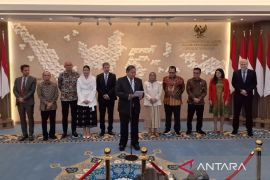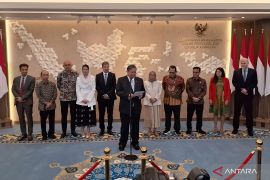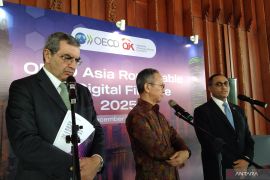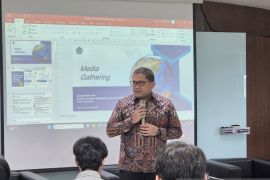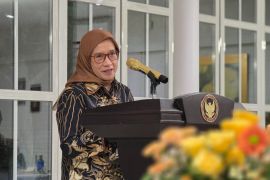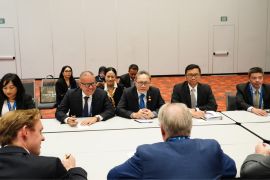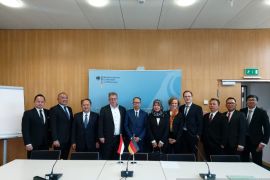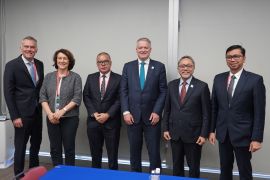"Indonesia's social expenditure is very low compared to OECD member countries in general," Parlinggomon, an economist with the International NGO Forum on Indonesian Development (INFID), said during a public information dissemination session here on Tuesday.
He noted that a number of studies have shown that investment in social expenditure can reduce poverty and inequality and not hinder economic growth.
Social expenditure is not only about consumption spending, but also about long-term investment in human resources that can support the sustainability of a country's economic growth.
Moreover, he highlighted, the OECD often carries out peer reviews to provide recommendations for improvement.
He said that Indonesia can take advantage of this momentum to encourage transparency and accountability in its spending on social programs, improve the citizens' quality of life, and strengthen its global competitiveness.
For this reason, he recommended that the government increase investment in social spending, which has the best outcome when it comes to tackling poverty and inequality.
For example, he said, the government can increase its budget allocation for the water and sanitation, health, education, and social protection programs to close the gender gap and protect vulnerable groups.
On the same occasion, a policy analyst at the Fiscal Policy Agency under the Finance Ministry, Eka Hendra Permana, informed that the government is striving to improve its spending on social programs so that social aid can be on target.
"We learned about how to distribute social assistance for those who are eligible. This requires data validity and policy strengthening, one of which can be done through accession to the OECD," he said.
Related news: Indonesia's OECD membership could boosts investment: Minister
Related news: Parliament supports Indonesia's OECD accession
Translator: Imamatul S, Kenzu
Editor: Rahmad Nasution
Copyright © ANTARA 2024
